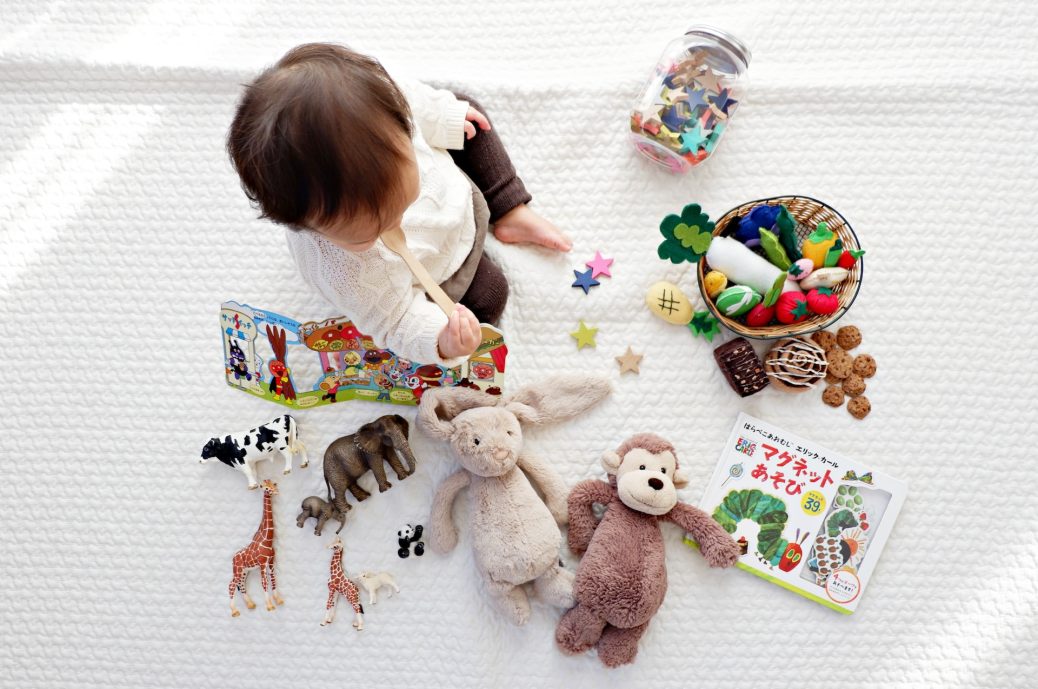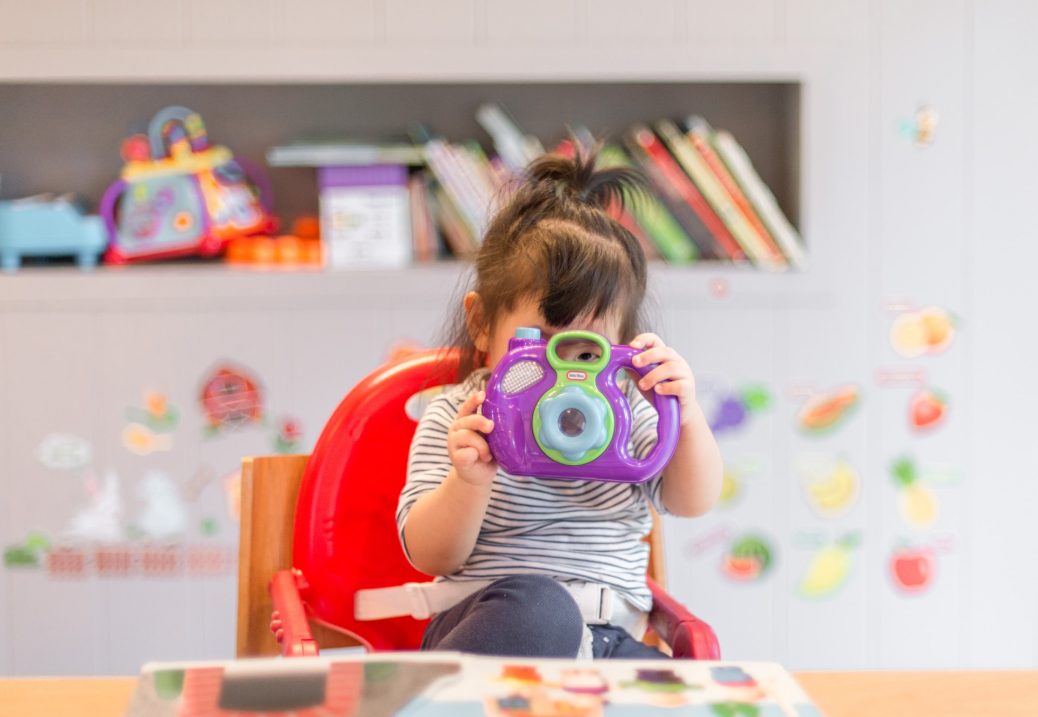Good parental roles and models for children play an essential role in developing emotional, social, and cognitive skill development. Effective parenting involves providing a safe and secure environment for the child to grow, offering emotional support and encouragement, setting appropriate boundaries and limits, and being a positive role model. Children learn from observing their parents’ behaviour and imitating them. Therefore, good parental roles and models are critical for raising healthy, confidence, and well-rounded children.
However, some certain qualities and traits make good parental roles and models for today’s children.
Empathy
The first quality of a good parental model is empathy. Empathy is the ability to understand and share the feelings of others. When parents are empathetic with their children, they can connect with them on a deeper level and build trust and respect. Empathy also helps parents understand their children’s needs and motivations, which can lead to more effective and supportive parenting.
Communication Skills
Another important quality of a good parental model is strong communication skills. Good communication is the foundation of any healthy relationship, and it is no different when it comes to parenting. Parents should aim to have open and honest conversations with their children and listen to their children’s thoughts and feelings. This will not only help build a strong relationship between parent and child, but it will also help children develop good communication skills themselves.
Patience
Patience is another important quality of a good parental model. Children are still learning and developing, and they will make mistakes along the way. It is important for parents to have patience and to understand that their children are still growing and changing. Parents should also be patient with themselves, as parenting is a challenging and often stressful job.
Setting a Positive Example
Setting a positive example is another key aspect of being a good parental model. Children learn by watching and imitating the behaviour of the adults around them. Parents should aim to model the values and behaviours they want their children to adopt, such as kindness, respect, and responsibility.
Supportive and Encouraging
It is also important for parents to be supportive and encouraging. Children need to know that they are loved and valued and that they have the support of their parents. This can be as simple as offering a word of encouragement or praise or helping a child find a solution to a problem they are facing. Parents should also be supportive of their children’s dreams and goals, and encourage them to pursue their passions.
Consistency
Another important quality of a good parental model is consistency. Children thrive on routine and structure, and they need to know what to expect from their parents. Parents should aim to be consistent in their behaviour and discipline and follow through on consequences when necessary. This helps children feel safe and secure, and it also helps them understand the boundaries and expectations for their behaviour.
Flexible and Adaptable
Finally, parents need to be flexible and adaptable. Children grow and change quickly, and their needs and behaviours will change as well. Parents should be open to changing their approach as their children grow, and to finding new ways to support and encourage them.
In conclusion, being a good parental model for today’s children requires a combination of empathy, strong communication skills, patience, positive example-setting, supportiveness, consistency, and adaptability. By incorporating these qualities into your parenting style, you can help your children grow into confident and successful adults.
Why it’s Important to Strengthen Parent-Child Relationship?
Strengthening the Parent-Child Relationship
- What are some specific traits that make someone a good parental role model for children? Some specific traits that make someone a good parental role model for children include being a good listener, showing empathy, being patient, being consistent, being supportive, providing guidance and discipline, and leading by example.
- What are some common mistakes that parents make that can negatively affect their child’s development? Some common mistakes that parents make that can negatively affect their child’s development include being overly critical or punitive, neglecting their child’s emotional needs, being inconsistent in their parenting, using physical punishment, being overly permissive or indulgent, and not setting appropriate boundaries or limits.


